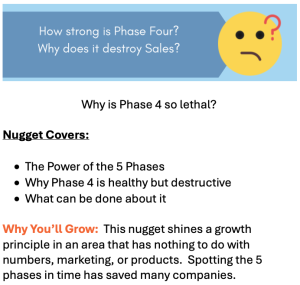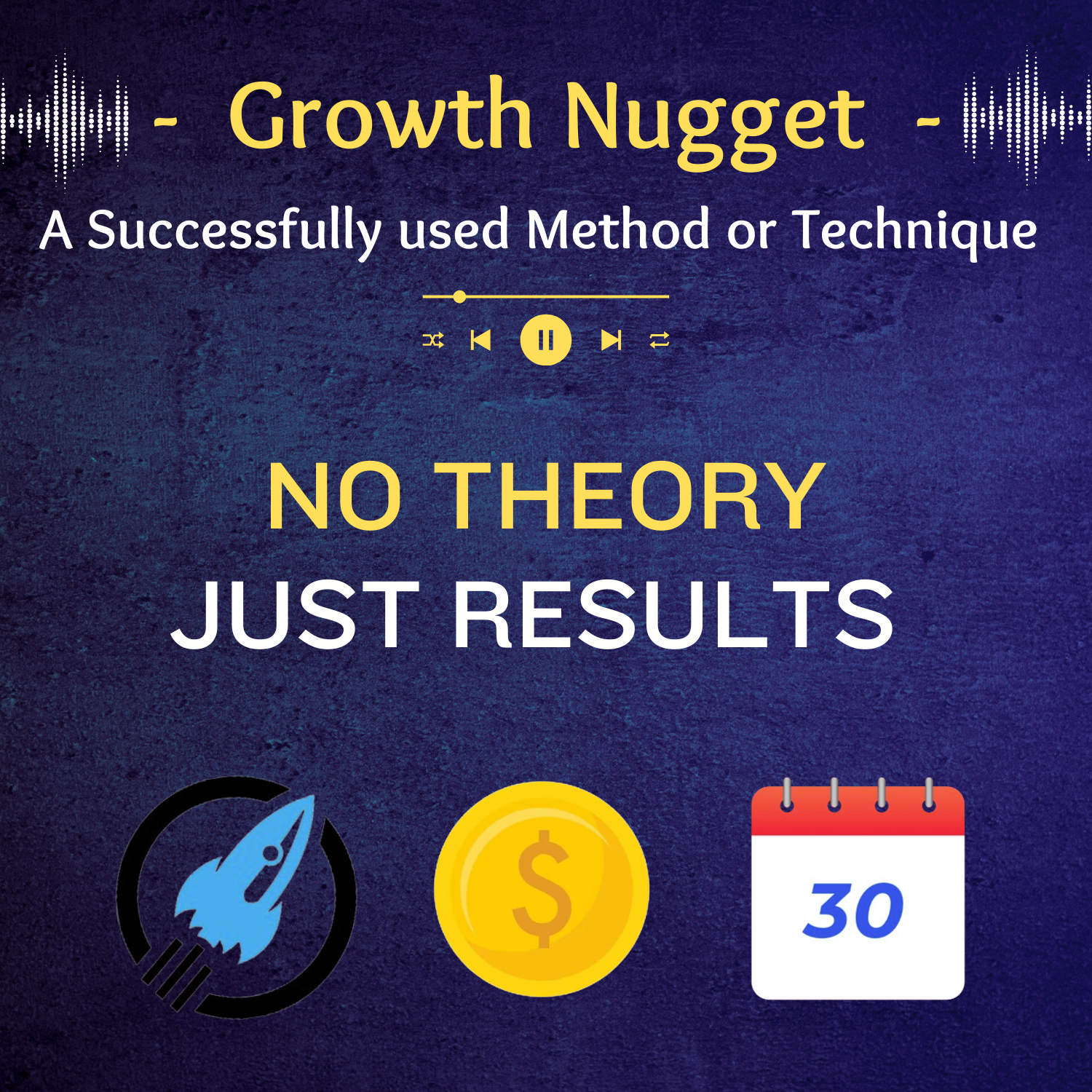In Doubt?
$23.00
(0:00 – 0:15)
I’m just going to speak from my experience. I could be and am a father, a boss, a friend, a husband, a manager, a mentor, a mentee. So I play a lot of different roles.
(0:16 – 0:39)
And I think a lot of people listening to this also wear many, many hats. And I have found that having a really deep understanding that all people go through all five phases in every position, every spot, every career. So I’m going to do a little bitty semicolon pause here.
(0:39 – 1:02)
Every position in life, whether you’re a new dad, a new teacher, a new student, a new quarterback, a new musician, you’re taking on a new position. And everybody that goes into a new position, which is everybody at some point, goes through five phases in that position. The first phase is excitement.
(1:03 – 1:12)
You’re just generally excited to be there. Many times this is called the honeymoon phase. You then quickly slip into the education phase.
(1:12 – 1:28)
And that’s where a coach or a mentor or another leader or books or seminars or conferences. But in some way, shape, or form, you get educated further. And that education also keeps you in phase one a little bit of excitement.
(1:28 – 1:46)
And then at some point, you slip into phase three, which is the reality phase. And that’s when you come face to face with reality that, OK, this is a full time job or OK, this is a lot more work than I bargained for. OK, I didn’t realize that I’d wake up at 430 in the morning to work out to be a great quarterback or what have you.
(1:47 – 2:03)
But the reality phase is just that you come face to face with the reality of the position. Phase four is the doubt phase. The doubt phase is almost 100% triggered by a seed planted by someone close to you.
(2:04 – 2:21)
Somebody says something that germinates a seed of, you know, hey, you’ve been in that position four years. When are you going to get a promotion? Or you’ve been dating that guy for six years. When is he going to ask you to marry him? Or, you know, you’ve been, you know, you’ve been working with your son for, you know, three and a half years.
(2:22 – 2:34)
You know, he’s not going to become a black belt, whatever. So somebody plants a seed and you get snioped. You become susceptible to the negative influences of other people.
(2:34 – 3:20)
And because of that seed that’s planted, you stay in the doubt phase, which is phase four, sometimes for a second, sometimes for years before eventually slipping into the clarity phase where you’re just super clear of who you are, the position you’re in, where you’re going in life and kind of your surroundings, so to speak. So as a definition, we go through five phases, the excitement phase, the education phase, the reality phase, the doubt phase, and then the clarity phase. So what I want to speak to is, and again, I’m going to use me as a reference because it’s easy, you know, at some points in my day, I’m a father, I’m a husband, I’m a boss, I’m a manager, I’m a friend, I’m a mentor, mentee.
(3:22 – 4:01)
And so the question is, how can we use the five phases as a basis of understanding to help other people? And the first way I want to help people by understanding the five phases is to use them to empathize with other people.

(0:00 – 0:15)
I’m just going to speak from my experience. I could be and am a father, a boss, a friend, a husband, a manager, a mentor, a mentee. So I play a lot of different roles.
(0:16 – 0:39)
And I think a lot of people listening to this also wear many, many hats. And I have found that having a really deep understanding that all people go through all five phases in every position, every spot, every career. So I’m going to do a little bitty semicolon pause here.
(0:39 – 1:02)
Every position in life, whether you’re a new dad, a new teacher, a new student, a new quarterback, a new musician, you’re taking on a new position. And everybody that goes into a new position, which is everybody at some point, goes through five phases in that position. The first phase is excitement.
(1:03 – 1:12)
You’re just generally excited to be there. Many times this is called the honeymoon phase. You then quickly slip into the education phase.
(1:12 – 1:28)
And that’s where a coach or a mentor or another leader or books or seminars or conferences. But in some way, shape, or form, you get educated further. And that education also keeps you in phase one a little bit of excitement.
(1:28 – 1:46)
And then at some point, you slip into phase three, which is the reality phase. And that’s when you come face to face with reality that, OK, this is a full time job or OK, this is a lot more work than I bargained for. OK, I didn’t realize that I’d wake up at 430 in the morning to work out to be a great quarterback or what have you.
(1:47 – 2:03)
But the reality phase is just that you come face to face with the reality of the position. Phase four is the doubt phase. The doubt phase is almost 100% triggered by a seed planted by someone close to you.
(2:04 – 2:21)
Somebody says something that germinates a seed of, you know, hey, you’ve been in that position four years. When are you going to get a promotion? Or you’ve been dating that guy for six years. When is he going to ask you to marry him? Or, you know, you’ve been, you know, you’ve been working with your son for, you know, three and a half years.
(2:22 – 2:34)
You know, he’s not going to become a black belt, whatever. So somebody plants a seed and you get snioped. You become susceptible to the negative influences of other people.
(2:34 – 3:20)
And because of that seed that’s planted, you stay in the doubt phase, which is phase four, sometimes for a second, sometimes for years before eventually slipping into the clarity phase where you’re just super clear of who you are, the position you’re in, where you’re going in life and kind of your surroundings, so to speak. So as a definition, we go through five phases, the excitement phase, the education phase, the reality phase, the doubt phase, and then the clarity phase. So what I want to speak to is, and again, I’m going to use me as a reference because it’s easy, you know, at some points in my day, I’m a father, I’m a husband, I’m a boss, I’m a manager, I’m a friend, I’m a mentor, mentee.
(3:22 – 4:01)
And so the question is, how can we use the five phases as a basis of understanding to help other people? And the first way I want to help people by understanding the five phases is to use them to empathize with other people.


